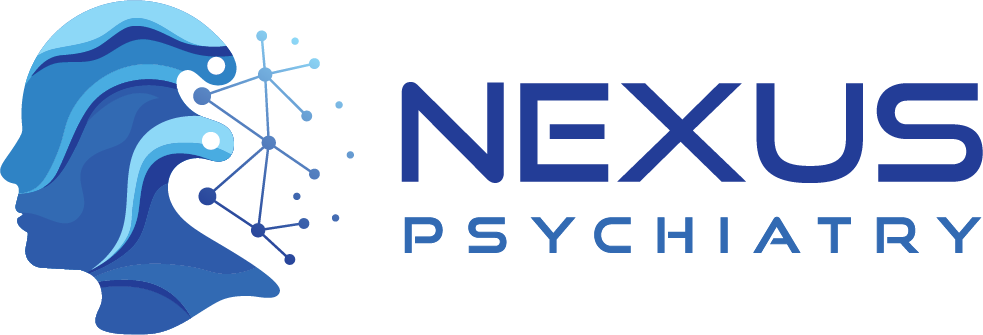Post-Traumatic Stress Disorder, or PTSD, is a new name for a condition that’s been around for a very long time. Whether you call it shell-shock, combat fatigue, or the modern name of PTSD, this condition is a response to a traumatic event that causes a lasting effect on how the individual deals with stressful situations or specific stimuli.
Did You Know…
The first recorded discussion of PTSD occurred in 1678 and was given the harmless-sounding name of “Nostalgia.” A word which had dark implications for those experiencing it, the understanding of this condition grew as time went on, with three stages being identified by Dominique Jean Larrey. In 1871 the condition was given another name by Jacob Mendez Da Costa, “irritable heart,” and the Russian Army would come to call it “Battle Shock” in 1905. Study and discussion on this condition would continue, with the understanding increasing every year until it came to be classified in 1980 under its current name.
Frequently Asked Questions
How can I recognize the symptoms of PTSD?
Symptoms of PTSD may include intrusive memories, flashbacks, nightmares, avoidance of reminders, heightened anxiety, and changes in mood or cognition. If you’re experiencing these symptoms, it’s important to seek professional help.
Is PTSD treatable, and what approaches does Dr. Gurtej Mann use?
Yes, PTSD is treatable. Dr. Gurtej Mann employs personalized approaches, including trauma-focused psychotherapy, cognitive-behavioral therapy (CBT), and, if necessary, medication management to address symptoms and support recovery.
Can medications help manage PTSD symptoms?
In some cases, medications may be prescribed to manage specific symptoms of PTSD, such as anxiety or depression. Dr. Gurtej Mann discusses medication options collaboratively, considering the individual’s needs and preferences.
What Makes Some People Develop PTSD and Others Not?
In many cases what causes one person to develop PTSD over another isn’t well understood. However, there are some indicators that have been identified that can show a reduced risk. These include being able to find comfort and support in others, including actual support groups like AA/NA/Etc. Healthy methods of handling the aftermath of the event and learning from it, and the ability to act in the face of fear. Patients exhibiting these conditions and behaviors tend to be at a lower risk of developing PTSD.
How Is PTSD Treated?
In most cases, PTSD is treated with either medication or psychotherapy. In many of these cases, both avenues of treatment may be necessary. It’s also important to remember that every case of PTSD is as individual as the person experiencing it, and their treatment is likely to be just as personal. Medications that have been shown to be useful for treatment include a variety of antidepressants and Prazosin in cases where nightmares are prevalent. When talk therapy is used it typically lasts for 6 to 12 weeks, but may go on much longer when necessary.
Is it normal to have triggers that worsen PTSD symptoms?
Yes, it’s common for individuals with PTSD to have triggers that worsen symptoms. Dr. Gurtej Mann helps patients identify and manage triggers, developing coping strategies to navigate their emotional and physical responses effectively.

